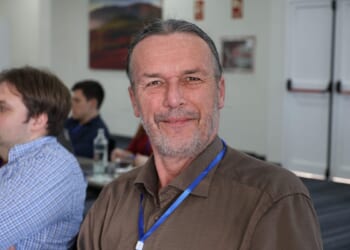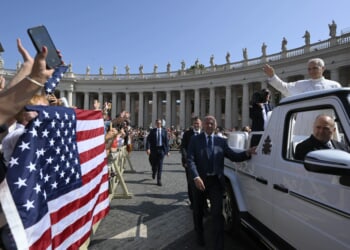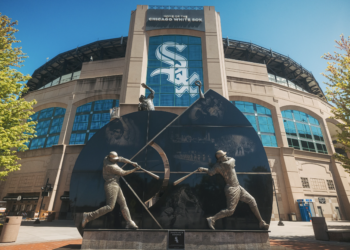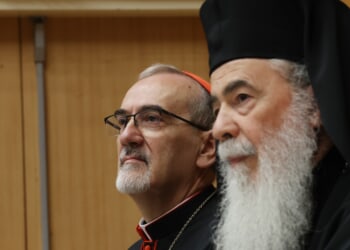Washington, D.C. Newsroom, Jul 15, 2025 /
12:53 pm
With the Trump administration having “effectively achieved control of the border,” Miami Archbishop Thomas Wenski is now urging the president and Congress to turn to expanding legal pathways for unlawfully present migrants who have committed no other crimes to obtain citizenship.
In a statement and interview with archdiocesan media, Wenski argued that the U.S. “faces labor shortages in many industries, including health care, service, and agriculture. Removing immigrant workers will only exacerbate these shortages.”
“Rather than spending billions to deport people who are already contributing positively to our nation’s well-being, it would be more financially sensible and more morally acceptable for Congress, working with the administration, to expand legal pathways for noncriminal migrants to adjust to a permanent legal status,” Wenski affirmed.
In an interview with La Voz Catolica, Wenski said that “what makes it cruel right now is the arbitrariness of this push to deport people who have already made a stake here — people who have put in sweat and effort to stay.”
“If the United States government has allowed them to remain for 10 or 20 years, you can imagine many have children who are American citizens, own homes, or have established businesses,” Wenski noted. “To simply tell them to ‘go back home’ — when there is no home back there, and their home is here — that’s what makes it cruel.”
Wenski also echoed Bishop Frank Dewane’s concerns about the new detention facility known as “Alligator Alcatraz,” which sits in Dewane’s neighboring Diocese of Venice, Florida.
Miami’s archbishop indicated that “from the moment this detention center opened, the archdiocese has requested access to provide religious services.”
He said Deacon Edgardo Farías, director of the archdiocesan prison ministry, visited the site to inquire about when they could celebrate Mass but was told the mosquito situation was very bad and to come back later.
“We wish to ensure that chaplains and pastoral ministers can serve those in custody, to their benefit and that of the staff,” Wenski indicated. “We also raise concerns about the isolation of the detention facility, which is far from medical care centers, and the precariousness of the temporary ‘tent’ structures.”
In the interview, Wenski said if the Trump administration’s deportations are enforcement of current laws, then “the laws must be changed” by Congress, which has the authority to “rewrite, adjust, or fix the law.”
“The vast majority of those here without permanent status are honest, hardworking people who simply want a future of hope for their children and their families,” Wenski added.
Andrew Arthur, a former immigration judge and current fellow at the Center for Immigration Studies, told CNA that Wenski’s call for a pathway to citizenship for immigrants in the country illegally is a form of “amnesty,” which he noted “is one of those things the Trump administration said is off the table.”
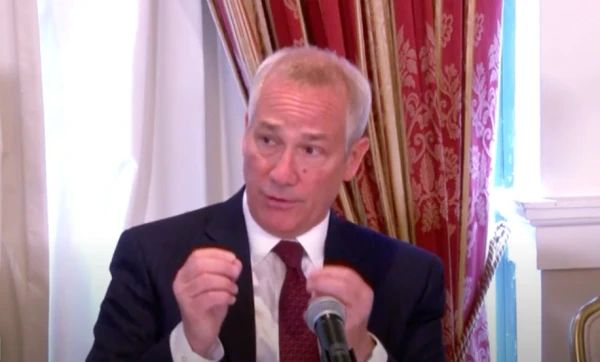
Arthur, who is Catholic, said that current law already affords the types of accommodations for which the archbishop is advocating. For example, he said people can appeal a removal order on the basis that their deportation would cause “extremely unusual hardship” to members of their family who are American citizens.
He also argued that a pathway to citizenship would not address the labor shortage issues that Wenski raised. “There are both immigrant and non-immigrant visas that are available in order to accommodate those labor needs, but allowing individuals to remain in the United States unlawfully is unlikely to accommodate those labor needs,” Arthur contended.
Arthur also noted that Immigration and Customs Enforcement follows the Performance-Based National Detention Standards. In his experience as an immigration judge, he said immigration authorities have always “provided for pastoral care.”
(Story continues below)







